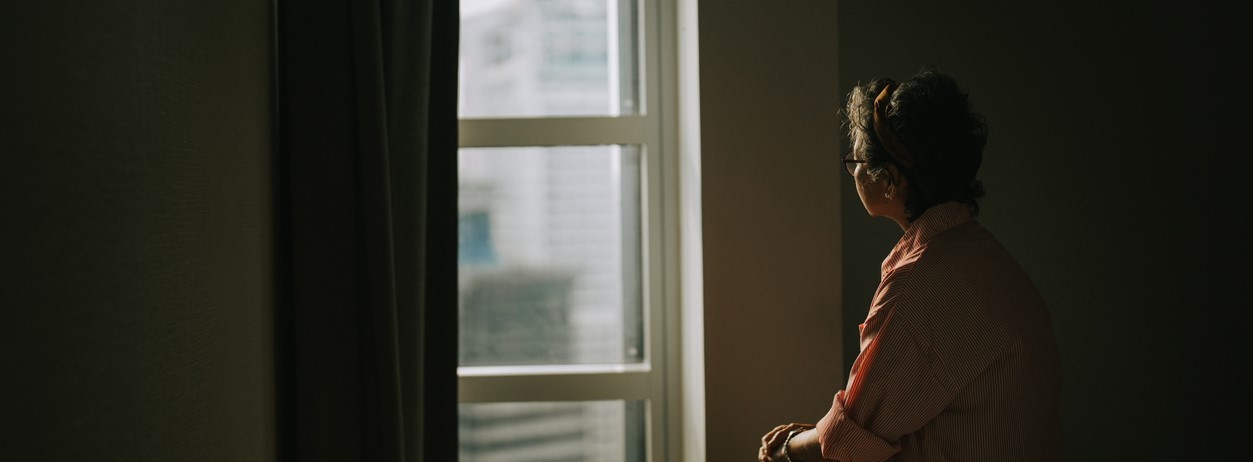Acknowledging that you’re suffering from substance abuse is a massive challenge in itself. We’ve seen repeatedly that many people are in denial about their addiction to drugs and alcohol, most likely because it’s still seen as a weakness to some people.
This stigma can make it even more difficult for people to ask for help, which is why it’s so important to notice the common signs and symptoms that could indicate that someone needs support for a drug and alcohol addiction.
Substance abuse affects each person differently, but everyone suffering from addiction will likely experience both physical and psychological damage due to the toxins within these harmful substances.
Some physical signs of addiction to drugs and alcohol are significant weight loss or weight gain, bloodshot eyes, skin sores, and a gaunt appearance. At the same time, the psychological signs include increased anxiety, depression, low self-esteem, loneliness, and even suicidal thoughts. Over time, these could turn into long-term issues, causing severe mental health issues, diabetes, stroke, heart disease or liver disease.
In addition to these common signs and symptoms, you may also notice a behaviour change, whether that’s in yourself or a loved one, lying about or hiding substance misuse, isolation from friends and family, having difficulty remembering things particularly short term, losing interest in appearance and personal hygiene, joining a new social circle who encourage substance misuse, feeling withdrawal symptoms when alcohol or drugs aren’t consumed, secretly consuming drugs or alcohol at any given chance, and stealing to fund your substance misuse.
Medically Assisted Drug or Alcohol Detoxification
In addition to your psychological and well-being therapies, it’s essential that you also address your physical connection to drugs and alcohol; the best way to do this is through a drug and alcohol detox. This is the process of gradually reducing your consumption of drugs or alcohol in the safe environment of our rehab clinic and under the expert supervision of our medical team.
Having the correct supervision within an effective environment is key to the success of your detoxification. Any attempts to detox at home or without the support of professionals is highly risky; you’d be putting yourself in unnecessary danger.
Indeed, a drug or alcohol detox isn’t the most comfortable experience. However, we wouldn’t recommend it if we didn’t believe it was crucial to your recovery journey. Drug or alcohol detoxification can be uncomfortable because of the withdrawal symptoms that present themselves during this process.
These withdrawal symptoms could include severe insomnia, seizures, delirium tremens (the DT’s), or milder nausea, headaches, and dizziness symptoms. It’s essential to have a medical team to manage these symptoms for you and administer any prescribed medication to ease the discomfort if necessary.
After completing your detox, you can move on to your psychological therapies, including cognitive behavioural therapy, also known as CBT, stress management, counselling, relapse prevention, or psychotherapy.
These will complement your well-being therapies, including yoga, mindfulness, relaxation and sleep management, low-level laser therapy, music therapy, nutritional supplement therapy, or fitness therapy.
Personalised Aftercare Programmes
Following an effective aftercare plan once you’ve completed your rehab programme is essential to your long-term drug and alcohol addiction recovery. Just as all of our treatment programmes are personalised, so will your aftercare plan. We provide all of our clients with a free aftercare plan for 12 months after leaving our drug and alcohol rehab, Larbert.
This is because, in our years of experience, we’ve seen that the first year after completing your rehab programme is the most challenging and is also when you’re most likely to suffer from a drug or alcohol relapse, so following a structured aftercare plan will help you to retain motivation and stay on track towards your long-term recovery.
With the support of our dedicated aftercare team, we can organise sessions with local support groups such as Narcotics Anonymous or Alcoholics Anonymous, as well as arrange additional therapy sessions such as counselling, cognitive behavioural therapy (CBT), stress management, dialectical behaviour therapy (DBT) or relapse prevention.
Frequently Asked Questions
What happens during the admissions process?
The admissions process at our drug and alcohol rehabilitation is very straightforward as we aim to make it as clear and simple as possible for our clients. Once you’ve decided to contact our admissions team either over the phone or via email, they can answer any questions you may have about our treatment programmes and advise what the next steps are.
From here, you’ll likely be invited to a pre-screening assessment where we can get to understand your addiction in more detail, allowing us to tailor your rehab programme with therapies that will benefit you most. Within 48 hours of contacting our admissions team, you’ll be welcomed into our drug and alcohol rehab in Larbert.
What’s the difference between inpatient and outpatient treatment?
The main difference between inpatient and outpatient addiction treatment is that as an inpatient you stay overnight at our drug and alcohol rehab Larbert; this is also referred to as residential rehab. If you choose to undergo drug and alcohol rehabilitation as an outpatient, you’ll stay at home whilst visiting our rehab clinic each day to receive your addiction treatment.
There’s no right or wrong when it comes to choosing your rehab programme, it’s whatever works best for you and your personal circumstances. We have an excellent admissions team who can discuss the advantages and disadvantages of both treatment options.
How long does rehab last?
Generally, drug and alcohol rehabilitation can last around 28 days. However, this can vary between each person as the duration of treatment is really dependent on the individual. Influencing factors include severity of the drug and alcohol addiction and also the personal circumstances of each person which we can be flexible with.


